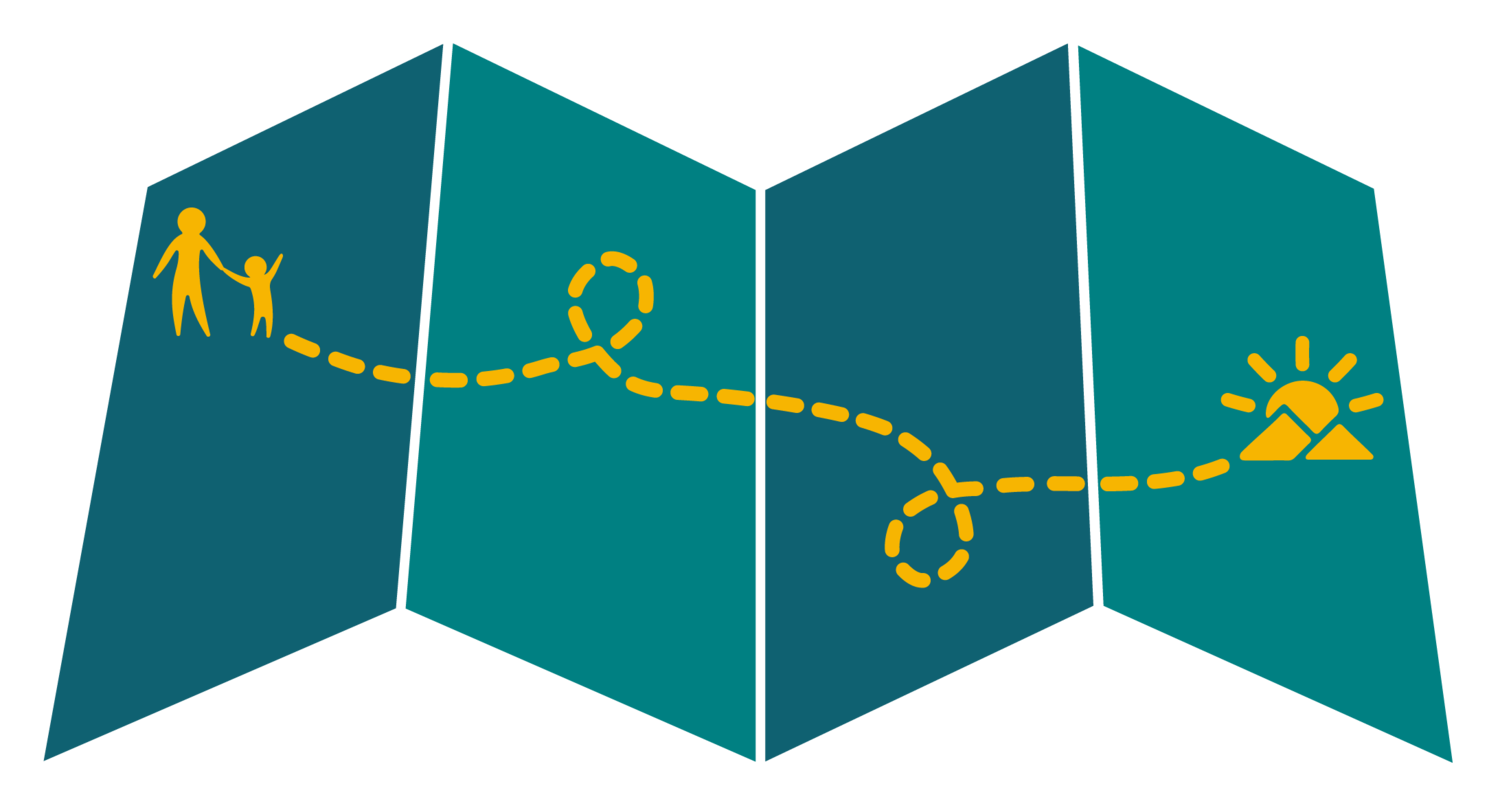17. Trauma and Resilience: How the Helpers Help Themselves
During safety overviews before a flight, we’re instructed to put on our own oxygen masks first before assisting others. In the same way, as professionals and parents, we have to take care of ourselves before we can continue to care for the children in our lives. To close out this audio series, we’ll hear from several guest experts on what they do to support their own well-being as trauma-care providers.
10. How Mental Health Providers Can Foster Resilience
Now that we’ve examined key concepts to understand the many ways that children experience trauma -- and the many ways that they and their families are resilient, it’s time to get a bit more practical. How can we as mental health providers help foster resilience in children? Plus, hear from trauma-care providers what you can expect if you’re looking for trauma-informed therapy for yourself or your child.
9. Understanding the Impact of Global and Collective Traumas
We can’t protect children and support their resilience if we overlook the traumas that are embedded in the fabric of their communities and society. In this episode, we speak to several guest experts about how global and collective traumas such as racism, war, community violence, and pandemics impact children.
5. Understanding Dissociation
When we experience trauma, our minds and bodies find ways to cope. What might look on the outside like spacing out, rapid mood or behavior changes, or an intense imaginary world, can actually be the child psychologically “disconnecting” from what’s happening or has happened to them. We call this “dissociation.” Clinical child psychologist Dr. Joyanna Silberg joins us for this episode. We discuss why dissociation takes place, what are early signs of it, and what we as parents and professionals who care for children can do to help.





